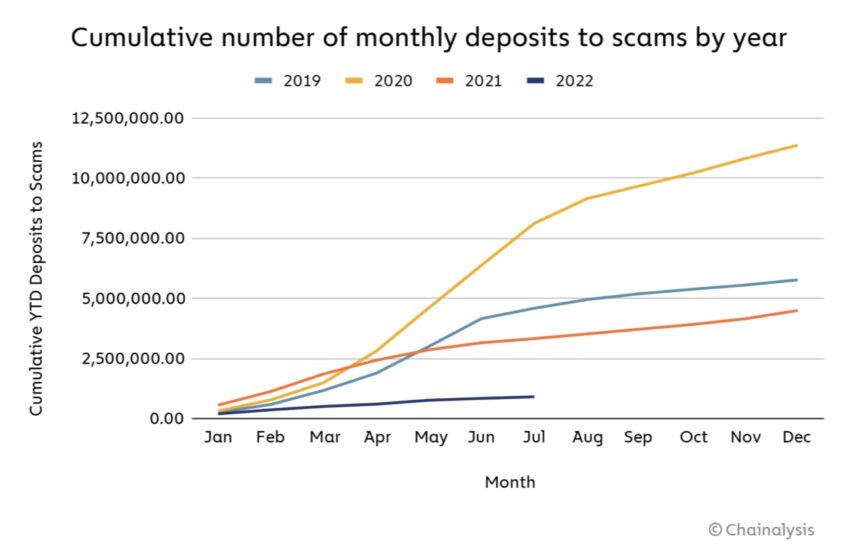
2024-1-31 12:56 |
China plans to revise its Anti-Money Laundering policies to include cryptocurrencies. The move remains crucial as the nation has never updated its AML rules since its 2007 inception. Anticipated to start operating in 2025, legal experts proposed the revised draft in 2021.
China plans to update Anti-Money Laundering (AML) regulations for crypto by 2025, addressing issues in the rapidly evolving space. Wang Xin from Peking University Law School emphasizes the urgency in tackling crypto money laundering.
— BlockVoyager (@BlockVoyagerAIO) January 31, 2024Experts who participated in drafting the new law have underscored the complexity of encompassing digital coins into the existing framework. Meanwhile, the initial priority will be addressing top challenges, acknowledging that cryptos’ nature presents regulatory obstacles.
Legal scholar Prof. Wang Xin stressed the need to battle money-laundering issues in the cryptocurrency market. The sector has seen increased fraudulent cases as it attains mainstream adoption, and the existing Chinese rules do not incorporate crypto in detail.
China’s decision to update its anti-money laundering laws to incorporate crypto showcases its commitment to ensuring legal financial activities. As among the top economies globally, its move to regulate digital assets could see other jurisdictions making similar actions. That might welcome standardized laws for cryptocurrency regulation.
Global impactsChina’s move to increase crypto oversight has global effects. As digital assets gain increased adoption, authorities face challenges ensuring financial revolution while not compromising security.
China’s massive approach will likely help other governments facing similar problems. By prioritizing regulatory aspects, China is pioneering the crypto revolution, which participants can enjoy without worrying about illegal activities.
In conclusion, updating China’s AML rules to include crypto marks a crucial development for the country and the global market. It shows the urgent need for comprehensive frameworks to address the rapidly evolving crypto landscape and the worries of crypto usage in financial crimes.
The post China to stiffen crypto regulations with new anti-money laundering laws appeared first on Invezz
origin »Bitcoin price in Telegram @btc_price_every_hour
pxUSD Synthetic USD Expiring 1 April 2021 (PXUSD_MAR2021) на Currencies.ru
|
|














